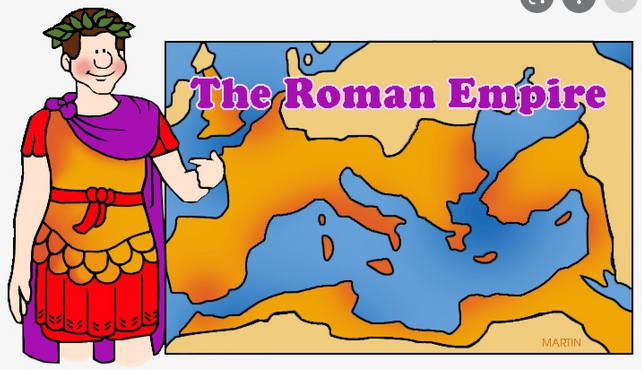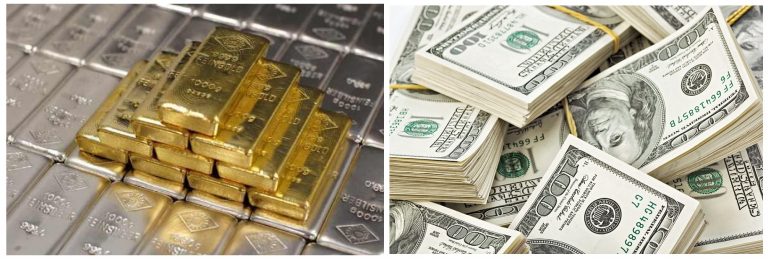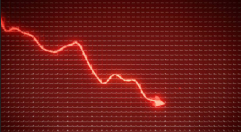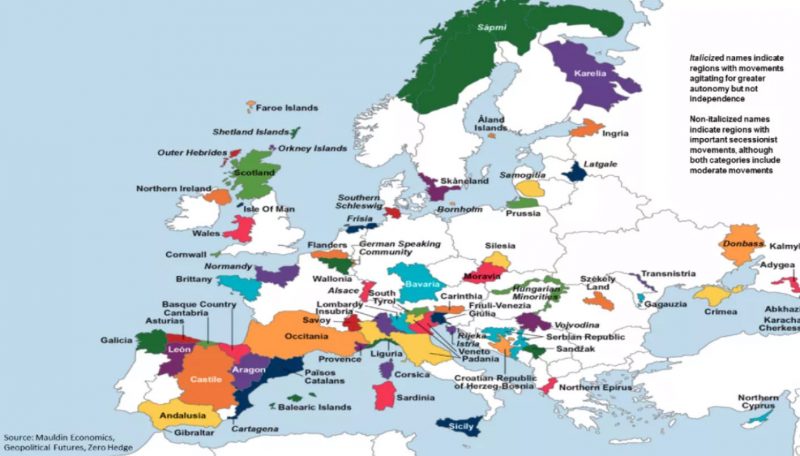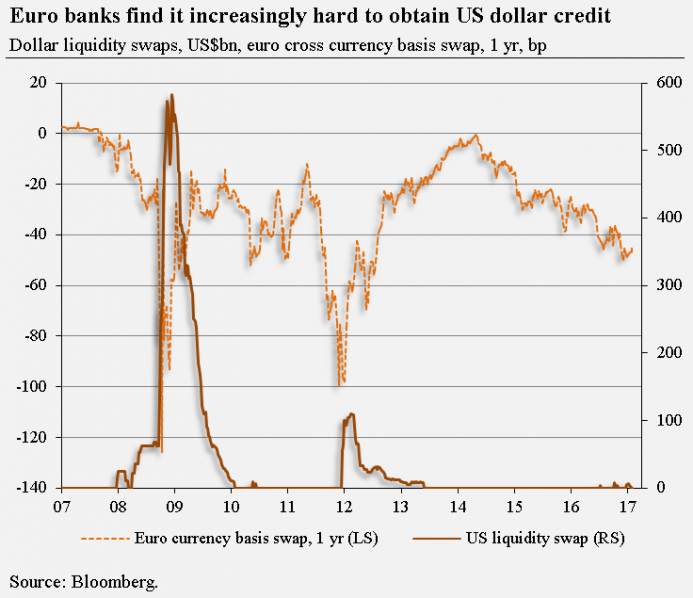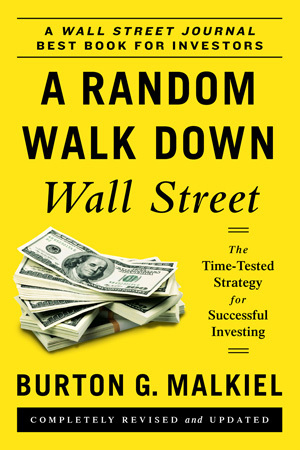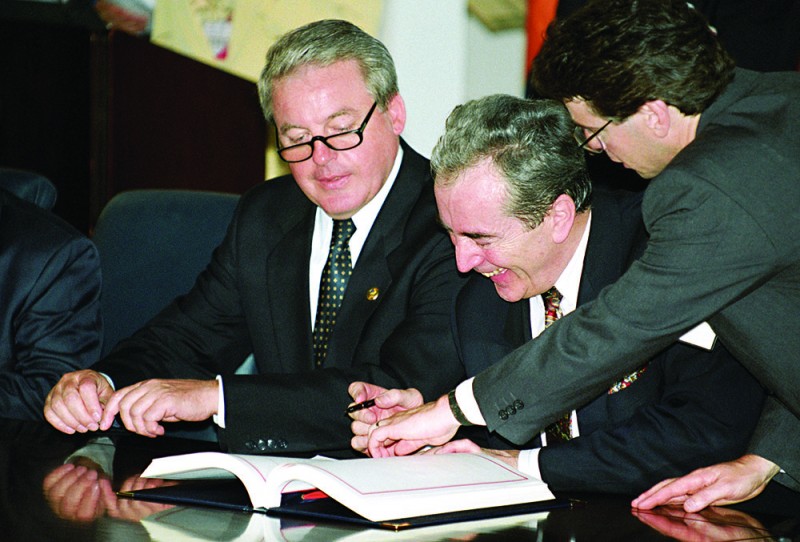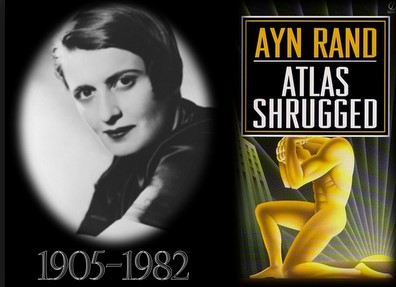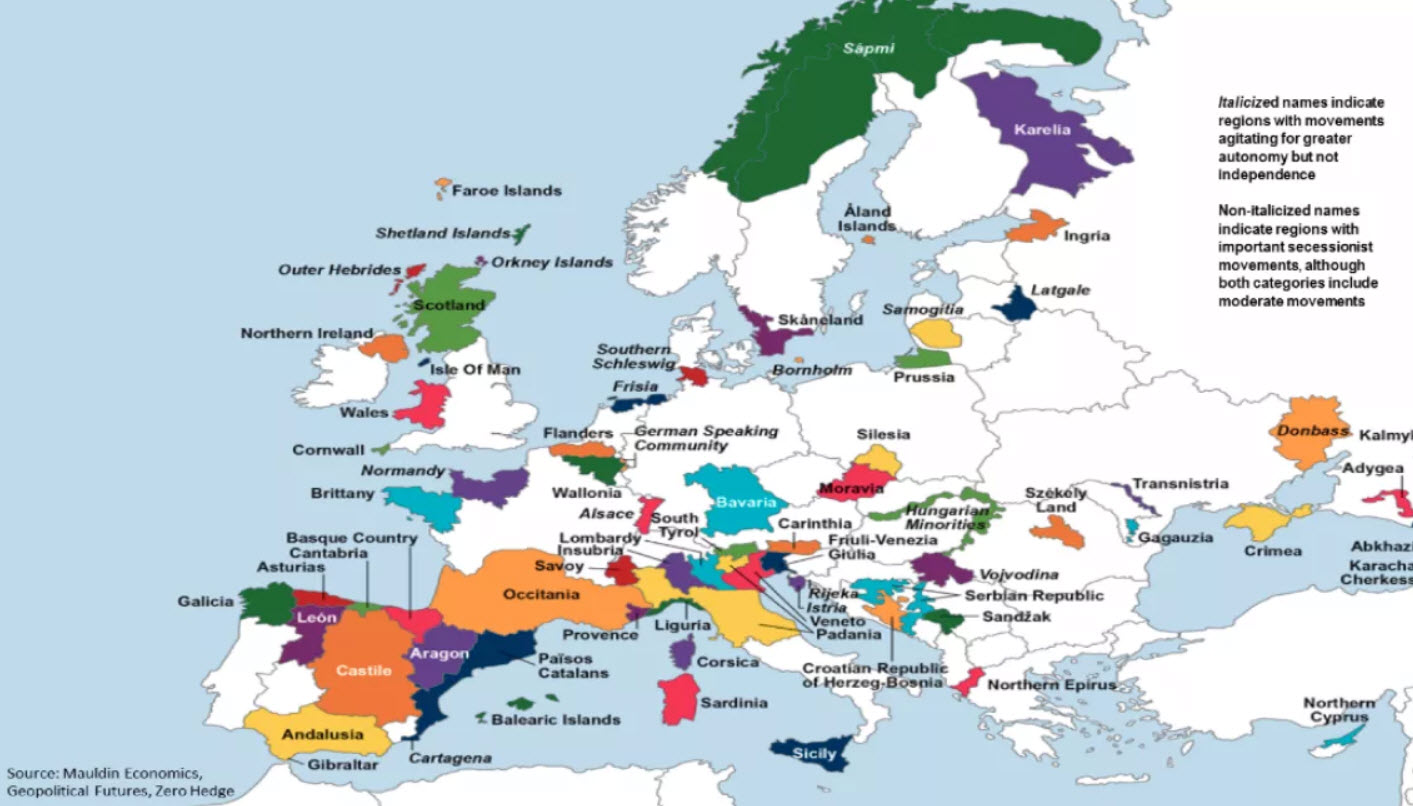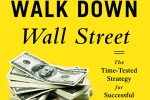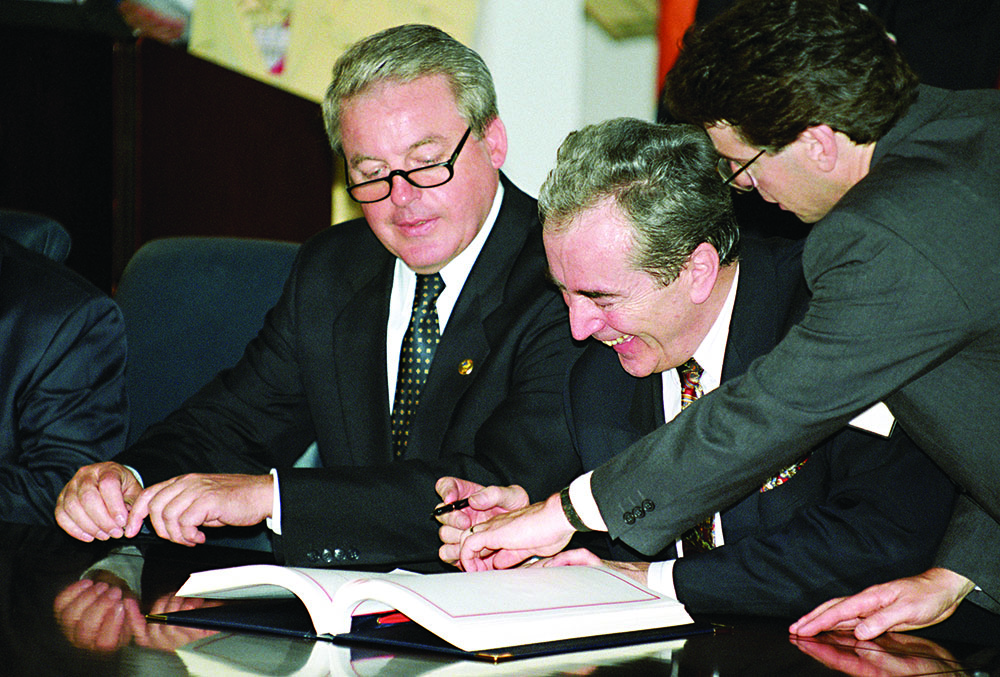Tag Archive: Ludwig von Mises
The way forward:
A practical roadmap to reclaiming individual and financial sovereignty – Part I of II
Those who are familiar with my ideas and my writings undoubtedly know that one the issues I’m most passionate about is individual freedom, on all levels. I believe that free-thinking people know what’s best of them and they need no “guardians”, no “nannies” and certainly no bailiffs and enforcers, to limit or to dictate their choices “for their own good”. As...
Read More »
Read More »
A crack-up boom in the making
The great Ludwig von Mises first described the concept of a crack-up boom as part of the Austrian business cycle theory, based on real life events that to an unsuspecting bystander might have appeared unconnected, or perhaps even quite bizarre and counterintuitive. Indeed, such a bystander might think the same of today’s economy and would likely have trouble making sense of the picture painted by stock markets, by our monetary and fiscal policies...
Read More »
Read More »
Corruption of the currency and decivilization – Part II
Many rational economists and students of history have written countless analyses on the gold standard and the terrible impact that its end has had on the world economy. However, as the Fall of Rome clearly demonstrates, the implications of the introduction of the fiat money system and of the limitless manipulation of the currency by the State reach much further.
Read More »
Read More »
Swiss direct democracy in action
On the last Sunday of November the Swiss citizens once again rejected efforts staged by left-leaning groups and NGOs to chip away at the nation’s long tradition of free enterprise, respect for private property and financial freedom. Two important proposals were brought before the Swiss people in a set of referendums, both targeting private companies and attempting to place unprecedented burdens, threatening their ability to operate freely and...
Read More »
Read More »
We don’t have to kill the king, if we just can ignore the king
“The right of self-determination in regard to the question of membership in a state thus means: whenever the inhabitants of a particular territory, whether it be a single village, a whole district, or a series of adjacent districts, make it known, by a freely conducted plebiscite, that they no longer wish to remain united to the state to which they belong at the time, but wish either to form an independent state or to attach themselves to some...
Read More »
Read More »
The Importance of Economic Theory in Understanding Historical Data
It is a common belief that sound economics must be based on facts and not on theoretical reasoning as such. Some commentators are dismissive of economic analysis that is not derived from the true data, since it is not describing the facts of reality as depicted by historical data. The use of the free market economy framework, without the central bank and government intervention and with businesses as a foundation to derive valid conclusions, is...
Read More »
Read More »
Why Friedman Is Wrong on the Business Cycle
According to an article in Bloomberg on November 5, 2019, Milton Friedman’s business cycle theory seems to be vindicated. According to Milton Friedman, strong recoveries are just natural after particularly deep recessions. Like a guitar string, the harder the string is plucked down, the faster it should come back up.
Read More »
Read More »
Why Small States Are Better
Andreas Marquart and Philipp Bagus (see their mises.org author pages here and here) were recently interviewed about their new book by the Austrian Economics Center. Unfortunately for English-language readers, the book is only available in German. Nevertheless, the interview offers some valuable insights.
Read More »
Read More »
What Will Trump Do About The Central-Bank Cartel?
The US is by far the biggest economy in the world. Its financial markets — be it equity, bonds or derivatives markets — are the largest and most liquid. The Greenback is the most important transaction currency. Many currencies in the world — be it the euro, the Chinese renminbi, the British pound or the Swiss franc — have actually been built upon the US dollar.
Read More »
Read More »
Austria’s Presidential Elections – Europe’s Social Mood Keeps Worsening
Austria is a small European nation that has made the grievous mistake of needlessly joining the EU in 1995, together with Finland and Sweden. Austria’s neighbor Switzerland, which is of roughly similar size and likewise militarily neutral, proved to have far better instincts. The Swedes subsequently at least had the good sense to stay out of the euro zone. It seems if there is a mistake to be made, Austrian governments will eagerly make it.
Read More »
Read More »
The Mixed Economy: Plunder And Trade
Ayn Rand argued that it is the Communists’ intention to make people think that personal success is somehow achieved at the expense of others.
What can we say about the goal of the Fed’s quantitative easing? The central bank’s every act over 6 years has been to force markets towards the opposite outcome that free people would choose, one example is Goldman Sachs that profited greatly on Fed's bail-outs.
Read More »
Read More »









